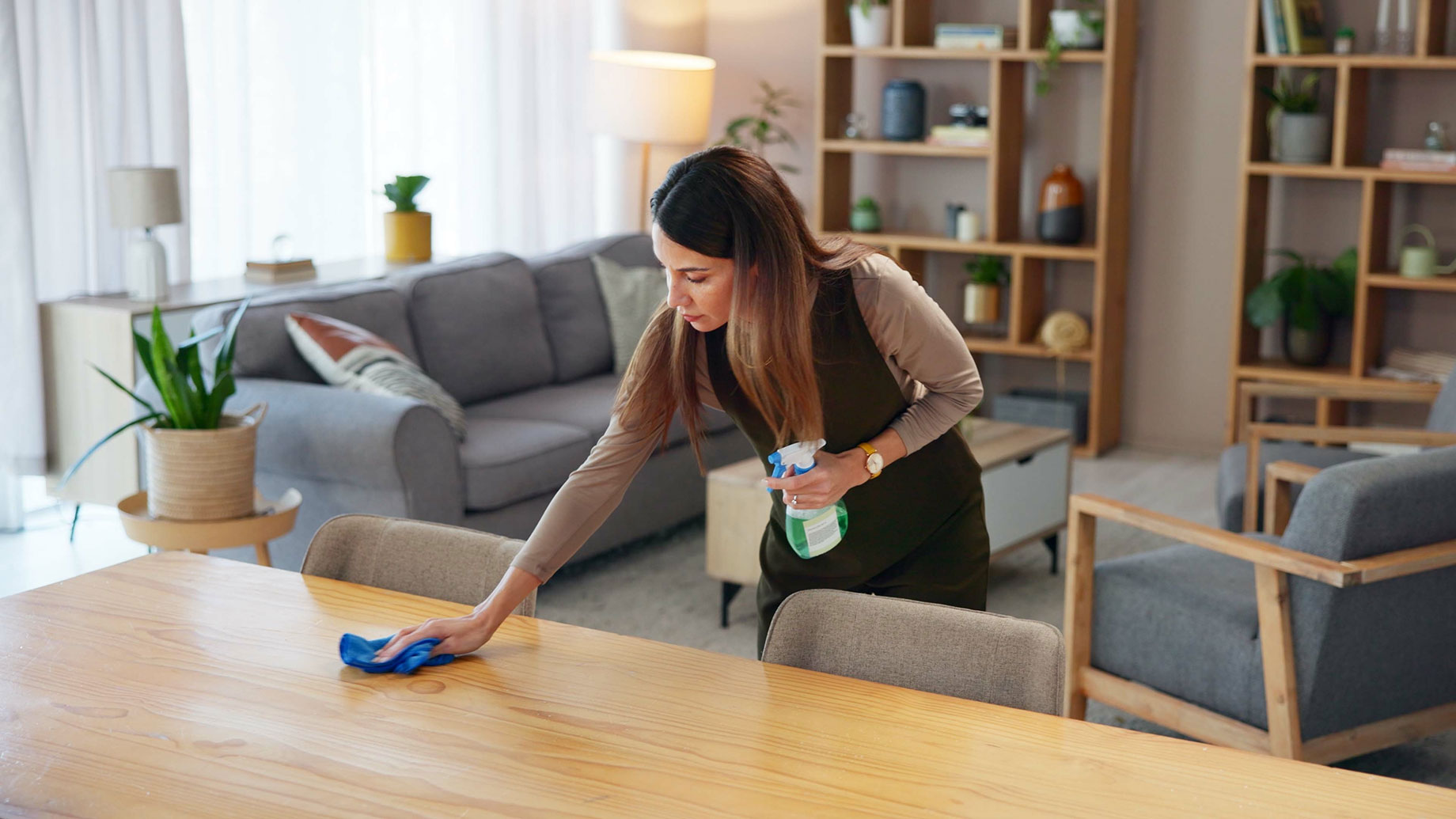
The connection between physical space and mental well-being is stronger than most people realize. Walk into a cluttered room, and the brain instantly feels crowded. Step into a clean, organized space, and a sense of calm naturally follows. This isn’t coincidence — it’s the psychology of environment at work.
House cleaning goes beyond appearances. It sets the tone for productivity, relaxation, and even relationships inside the home. A neat space creates order in the mind, while disorder creates invisible stress. Providers like Neat N Tidy help remind us that clean homes are not only about hygiene but also about creating mental clarity.
The Psychology of Clutter
Clutter is more than an eyesore; it demands attention. Studies in cognitive psychology show that messy environments overload the senses. The brain struggles to filter through visual “noise,” leaving people more distracted and less productive. Over time, this background stress can build into fatigue and anxiety.
House cleaning restores order by removing these distractions. A tidy room signals completion to the brain, reducing stress and freeing mental energy for more meaningful tasks. This is why many people feel instantly lighter after cleaning — the space around them reflects clarity instead of chaos.
Productivity and Focus
Clean environments directly influence productivity. When desks are clear, kitchens are organized, and bedrooms are uncluttered, daily routines become easier. Searching for lost items wastes less time, and tasks feel less overwhelming.
Regular house cleaning establishes this foundation for focus. Instead of being sidetracked by mess, homeowners can channel their energy toward work, creativity, or simply enjoying leisure time. It’s an invisible boost that turns homes into supportive spaces rather than sources of stress.
The Link Between Cleanliness and Sleep
Sleep quality often suffers in messy spaces. Cluttered bedrooms create mental restlessness, making it harder to relax. Dusty surfaces and stale air also impact breathing, particularly for people with allergies.
Maintaining a routine of house cleaning — especially in sleeping areas — improves air quality and creates a sense of calm before bed. Clean sheets, fresh air, and tidy surroundings signal to the body that it’s time to rest, leading to deeper and more restorative sleep.
Cleanliness and Relationships
Homes are not just personal retreats; they are shared spaces. Family members and guests alike are influenced by the environment. A consistently messy home can create tension, while a clean, welcoming space fosters harmony.
House cleaning also encourages shared responsibility. When everyone contributes to maintaining order, relationships benefit from reduced conflict and increased cooperation. Clean spaces become the backdrop for positive interactions rather than disagreements.
Emotional Relief Through Routine
Cleaning is often seen as a chore, but reframing it as a form of self-care changes the experience. The process of restoring order provides a sense of accomplishment. Even small tasks, like vacuuming a room or organizing a shelf, can boost mood through visible progress.
Building routines around house cleaning ensures these emotional benefits are consistent. Instead of feeling weighed down by big, overwhelming messes, households can enjoy the satisfaction of regular upkeep.
The Role of Professional Support
Modern life doesn’t always leave time for consistent cleaning. Work schedules, family obligations, and other commitments can push chores to the background. This is where professional help becomes valuable. Teams like Neat N Tidy provide structured support, ensuring that homes remain consistently fresh even when time is scarce.
Professional cleaning services Denver offers also targets areas often overlooked during routine chores — baseboards, corners, or upholstery — enhancing both the look and the feel of the space. This attention to detail makes mental clarity easier to maintain.
Health and Hygiene Benefits
Mental clarity is closely tied to physical health. Dust, allergens, and germs contribute to discomfort and illness, which in turn affect mood and energy levels. Regular house cleaning keeps these factors under control, creating an environment that supports both body and mind.
For households with children or pets, cleanliness becomes even more important. A healthy environment reduces exposure to allergens and bacteria, giving families peace of mind alongside emotional balance.
The Ripple Effect of a Clean Home
Cleanliness has a ripple effect that extends into other areas of life. A tidy kitchen encourages healthier eating habits. A neat living room invites relaxation and connection. An organized office boosts creativity and focus. Each clean space reinforces positive behaviors, making it easier to maintain good habits.
This cycle demonstrates how house cleaning is more than upkeep. It’s a foundation for living well, influencing how people think, act, and interact.
Final Thoughts
Mental clarity doesn’t come only from meditation or mindfulness exercises. It comes from the spaces we occupy daily. Clutter and mess cloud the mind, while tidy environments provide calm, focus, and a sense of control.
House cleaning is the bridge between these two realities. By keeping spaces fresh and orderly, homeowners create a foundation for productivity, better sleep, stronger relationships, and emotional balance. With the support of professionals like Neat N Tidy, that clarity becomes easier to achieve and maintain.
In the end, a clean home is more than a polished surface. It’s a sanctuary for the mind — a place where clarity, peace, and comfort naturally thrive.